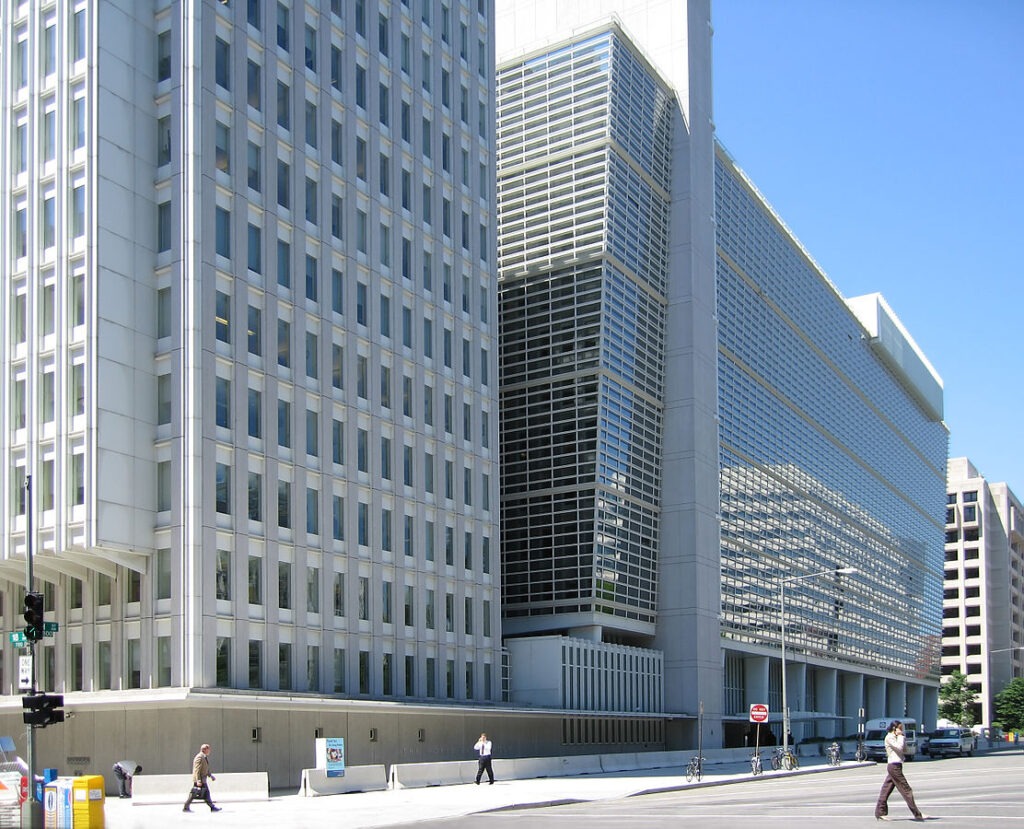The World Bank has sanctioned a package of $12bn for developing nations towards the purchase and distribution of Covid-19 vaccines, treatments, and tests.

The World Bank Group headquarters building in Washington, D.C. Photo courtesy of Shiny Things/Wikimedia.org.
Subscribe to our email newsletter
Approved by the institution’s board of executive directors, the financing is expected to support the vaccination of up to a billion citizens in the countries, said the World Bank.
It is part of the institution’s broader funding package of up to $160bn till June 2021 for helping developing nations tackle the prevailing pandemic.
Besides, the $12bn package is said to add new financing to the World Bank’s emergency response programmes for Covid-19 that have covered 111 countries so far.
According to the World Bank, the package will act as a signal to the research and pharma industry that people in developing nations also need to get access to safe and effective vaccines to protect themselves against the novel coronavirus.
World Bank Group president David Malpass said: “We are extending and expanding our fast-track approach to address the Covid emergency so that developing countries have fair and equal access to vaccines.
“Access to safe and effective vaccines and strengthened delivery systems is key to alter the course of the pandemic and help countries experiencing catastrophic economic and fiscal impacts move toward a resilient recovery.”
Developing nations will also get an opportunity to prepare themselves for deploying Covid-19 vaccines at scale through the package. The World Bank is expected to offering financing and technical support in this regard by coordinating with its international partners.
Through the implementation of the programme, the financial institution will support multilateral efforts that are led currently by the World Health Organisation (WHO) and the COVAX initiative.
Apart from buying Covid-19 vaccines, the World Bank’s financing will support countries in accessing Covid-19 tests and treatments.
The package will also be useful for expanding immunisation capacity to help health systems to effectively deploy the vaccines.
It will help in providing funds needed for supply chain and logistics management for handling vaccine storage, bringing in trained vaccinators, and enabling mass communication and outreach campaigns to spread the message to communities and households, said the World Bank.
 Advertise With UsAdvertise on our extensive network of industry websites and newsletters.
Advertise With UsAdvertise on our extensive network of industry websites and newsletters.
 Get the PBR newsletterSign up to our free email to get all the latest PBR
news.
Get the PBR newsletterSign up to our free email to get all the latest PBR
news.

